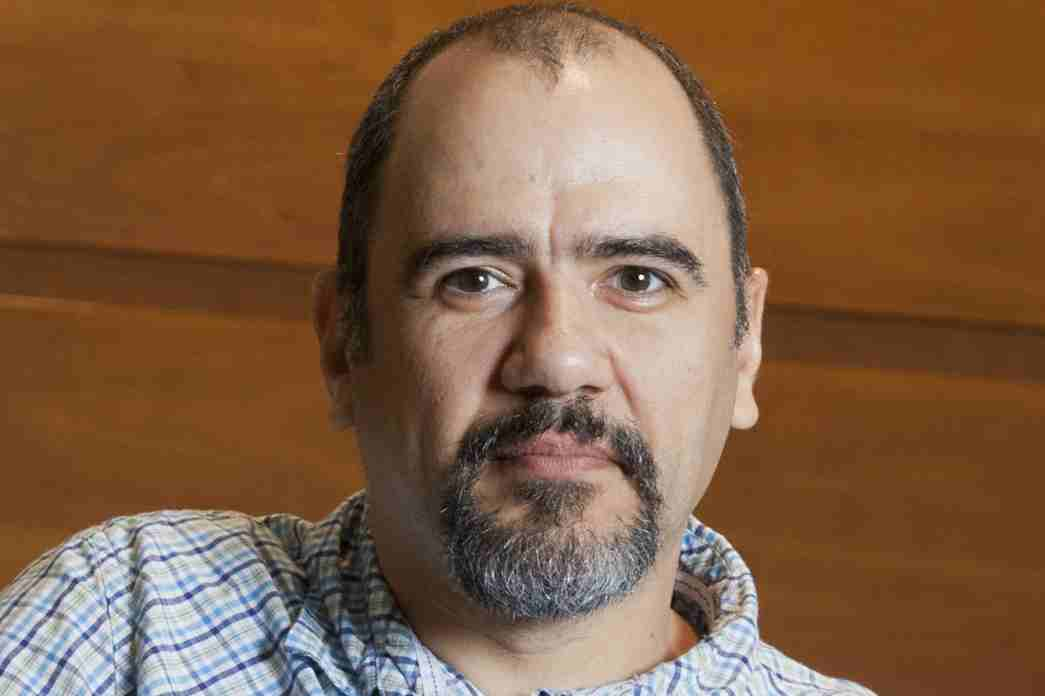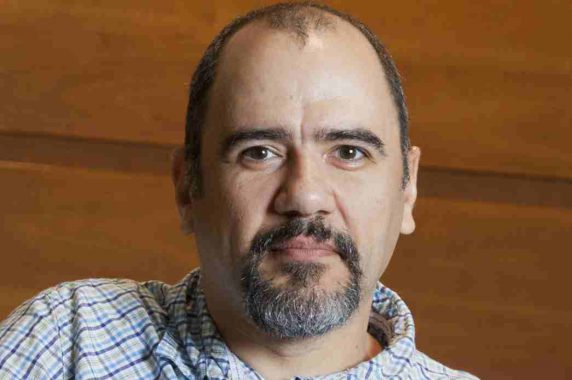
There has been a recent public discussion about the cost of patients not attending appointments booked with their GP. It’s not entirely clear to me how the cost of DNAs is actually calculated.
Perhaps it is based on the time ‘wasted’ by a given health care professional. If a patient doesn’t attend an appointment with me, as a GP partner, I still get paid the same amount of money, as the capitation fee is independent of activity.
The only exception is if this patient has not come for a long term condition review box-ticking exercise, for QOF or some other enhanced scheme that provides ‘top-up’ payment for so-called performance.
If a patient doesn’t turn up to see one of the salaried doctors, or nurses, or health care assistants at our practice we don’t dock their pay. They are still paid the same amount, no matter how many patients attend booked appointments.
The real losers when patients don’t attend GP appointments are other patients
So patients that don’t turn up for appointments don’t actually cost GP surgeries a thing. In fact many GPs would be glad for one or two patients per session not turning up, as long as it is not a sign of a safeguarding concern.
The indignation that the occasional patient may not consider us important enough to inform us of their non-appearance is perhaps something that affected me when I was newly qualified. It is now smoothed over by the extra few minutes I can spend catching up with myself and those patients who have turned up.
If one was to charge patients for not attending their GP, and be able to administrate a system, ensuring fairness and equity within a budget determined by the fees collected (I am not holding my breath), who would receive the fines collected? If such a scheme was to break even, who would benefit? There could be perverse incentives created by paying GPs additional money for patients that had been booked in but hadn’t been seen. The cost to CCGs of delivering primary care remains the same whether patients attend their appointments or not.
The real losers when patients don’t attend GP appointments are other patients who have also been trying to get appointments with the same GPs. It could be argued that if there were a magic mechanism to cut DNAs that a GP surgery could reduce the number of nurse or salaried doctor appointments and save money this way. However, demand in primary care is such that this is just a pipe dream. There are likely to be many patients wanting (or needing) appointments for every one that is not attended each session.
Dr Samir Dawlatly is a GP in Birmingham
Pulse October survey
Take our July 2025 survey to potentially win £1.000 worth of tokens














